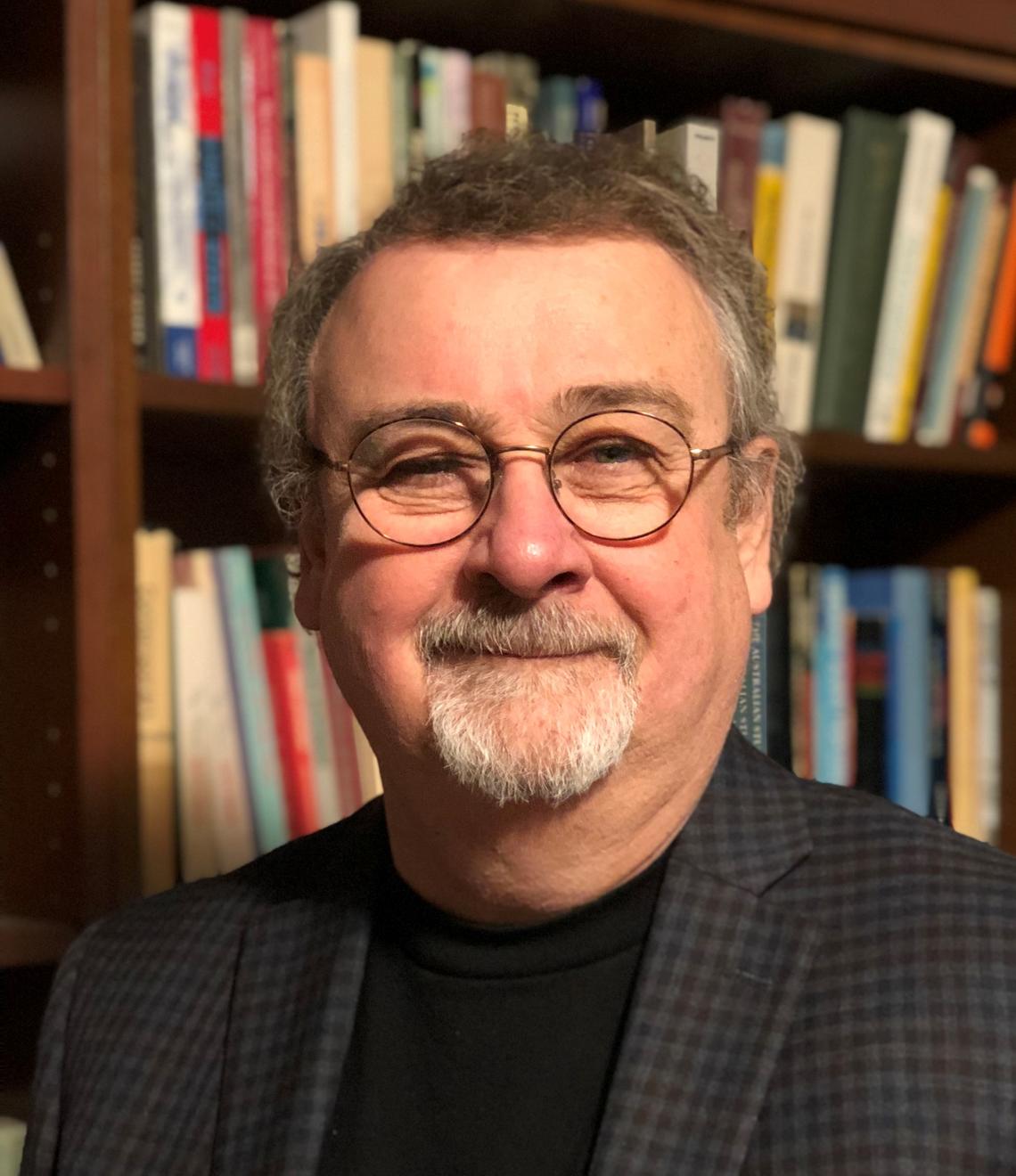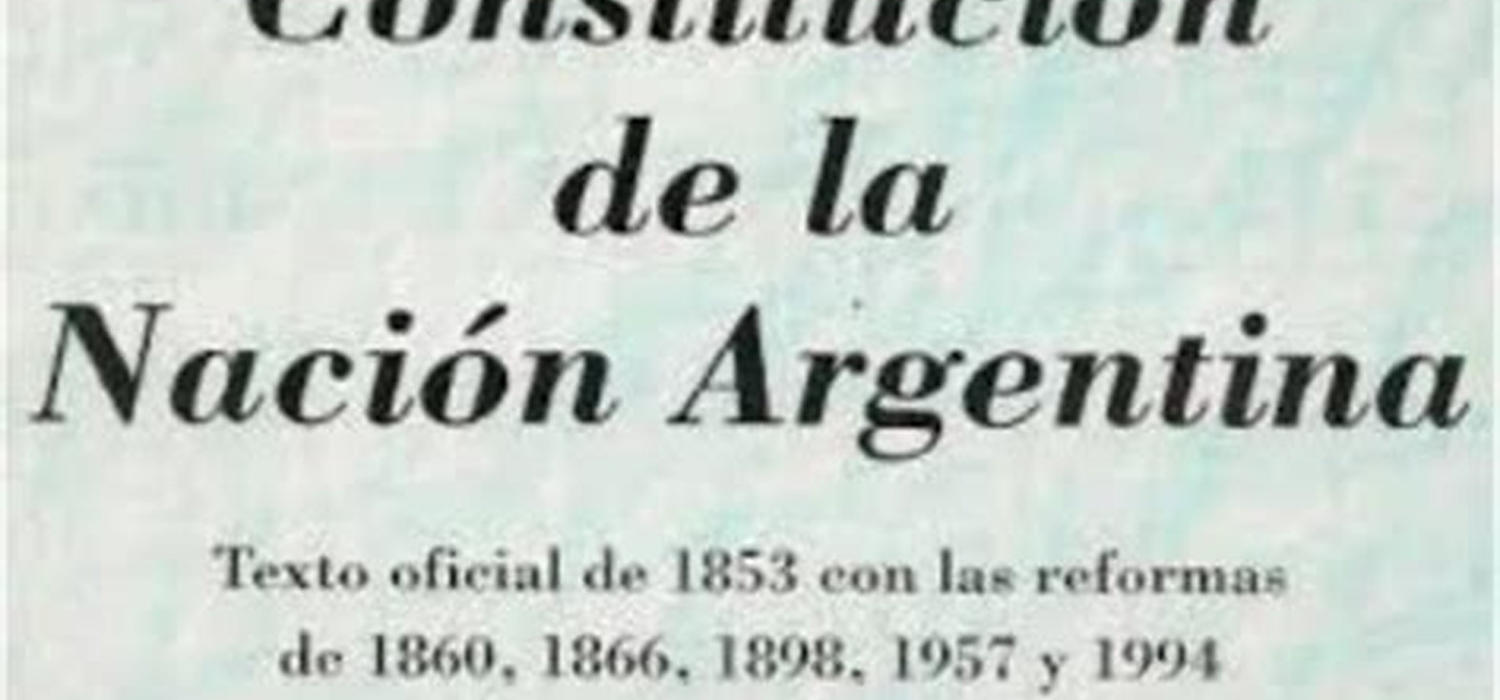
Feb. 28, 2022
What We Are Learning This Week with Dr. Anthony Sayers

February 28, 2022 in POLI 426 Federalism
Dr. Anthony Sayers is exploring Federal Constitutions & Courts
Can you tell us a little more about this topic?
The word federalism comes from the Latin Foedus, denoting a pact, treaty, or covenant. Written constitutions are the treaties that establish federations and share out powers among its governments. Over time these governments develop differing interpretations of the distribution of power in the constitution. Supreme or High courts are called upon to sort out these disputes by offering authoritative interpretations of the constitution. Federal states are legalistic states.

What else do you cover in your course?
Federalism allows existing states with differing interests to join together for their mutual benefit. It is a true treaty, with each participant agreeing to give something up—some power or benefit—in return for the advantages of creating a larger unit, most notably easier defence, and economic well being. Because it makes explicit the points of agreement and disagreement in a polity, federalism greatly shapes all those things we associate with democracy, from how people and governments are represented (elections, parliaments) to the public policies they pursue. We use a federal lens to explore these dynamics across democratic federations from the Americas, to Europe, and Oceania.
How did you come to develop this course?
I grew up in a small population state in Australia and like many of my fellow Western Australians, considered that the big population states got more and we got less out of the Commonwealth (the name given to the Australian federation). This spurred my interest in the dynamics of federalism. Most probably related to this, I have always been interested in the mismatch between democracy and the limited conceptions of citizenship and representation we experience in liberal or electoral democracies. This course allows me to bring the two together, exploring federalism as one of the few institutional arrangements that can successfully enhance the democratic effectiveness of modern liberal democracy.
Finally, what other courses would you recommend for students interested in this topic?
If you are interested in how citizens in liberal democracies choose and divide power among the elites who govern them, courses on Canadian politics (POLI 321), provincial or Alberta politics (POLI 427 & 428), and Canadian Federalism (POLI 521), and courses that consider constitutions such as POLI 444 all address this issue.
Our Thanks to Dr. Anthony Sayers for sharing your course with us
Follow Dr. Sayers on Twitter @AnthonyMSayers
